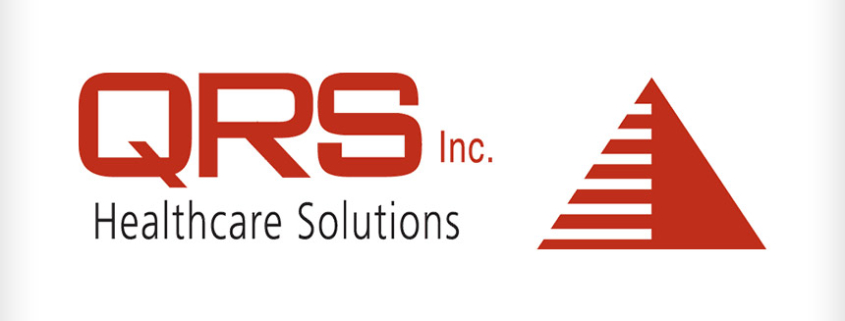Industry launches hacking policy council, legal defense fund to support security research and disclosures
Google and other companies will develop and stand up a pair of new initiatives that will provide policy guidance to governments and legal protection to security researchers engaged in “good faith” vulnerability research and disclosure, while the tech giant also said it would formalize an internal policy to be publicly transparent when bugs in Google products are exploited in the wild.
The moves include the establishment of an industry-led Hacking Policy Council, which would be designed to bring “like minded organizations and leaders who will engage in focused advocacy new policies and regulations support best practices for vulnerability management and disclosure and do not undermine our user’s security,” as well as a planned nonprofit that would fund legal costs for security researchers who are sued or prosecuted while conducting vulnerability research and disclosure, according to a blog published alongside the announcements Wednesday.
The council will include representatives from bug bounty firms HackerOne, BugCrowd, Intigriti and Luta Security, as well as Venable, a law firm that specializes in cybersecurity law and policy matters, and Intel.
“I think it’s very much a coalition of the willing,” said Charley Snyder, head of security policy at Google, when asked how the council chose its initial membership. “There was no real criteria [for membership]…this is a fairly specialized area of policy, and these companies are ones that are really invested in getting it right.”
Snyder and Tim Willis, head of Google’s Project Zero, which conducts research on zero-day vulnerabilities, mentioned a trio of information security standards from the International Organization for Standardization (ISOs 27001, 27002 and 30179) as examples of the kind of standards and best practices that will guide the council’s recommendations.
The formation of the council comes at a time when the United States and other nations are showing an increased willingness to regulate the cybersecurity choices of businesses and other entities to prevent cyberattacks from significantly disrupting or spreading through a particular sector, critical infrastructure and other essential services.
The use of…





